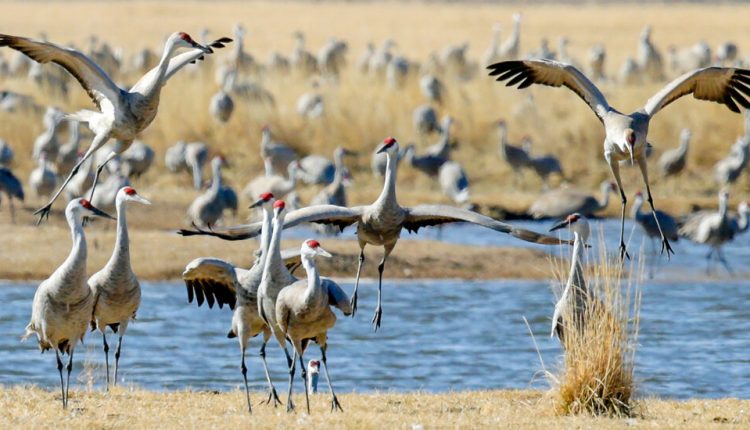Accidental killing of birds is rarely prosecuted under the law, but there were notable exceptions, such as when the Obama administration prosecuted seven North Dakota oil companies for the death of 28 birds.
The Migratory Bird Treaty Act also formed part of the basis for a $ 100 million settlement with BP for the deaths of more than a million birds under the 2010 Deepwater Horizon. And in 2009, Exxon Mobil paid $ 600,000 after pleading guilty to killing protected owls, birds of prey, and waterfowl that died in uncovered natural gas pits, oil tanks, and sewer systems.
Activists said the mere possibility of penalties helped move the industry to take precautions to prevent bird deaths. Announcing that protected birds can be legally killed as long as the goal is not to kill birds, some feared that the federal government would effectively remove incentives for companies to take action to protect birds.
In fact, the Trump administration recently recognized this. An Environmental Impact Statement released by the U.S. Fish and Wildlife Service in late November stated that without legislation, the industry is likely to reduce voluntary bird conservation.
Sarah Greenberger, vice president of conservation for the Audubon Society, noted that the Trump administration’s move came just as the organization’s 121st annual bird count, known as the Audubon Christmas Bird Count, was underway. In 2019, 6 million fewer birds were counted despite record participation.
“While we don’t yet know exactly what caused this decline, it is due to new scientific evidence showing alarming trends in bird decline, such as the loss of 3 billion birds in North America since 1970,” she said.
Mr Glitzenstein said his group and others intend to challenge the rule in court despite urging the incoming Biden administration to reverse course. A federal judge in August rejected the Trump administration’s legal justification for the regulation.


Comments are closed.